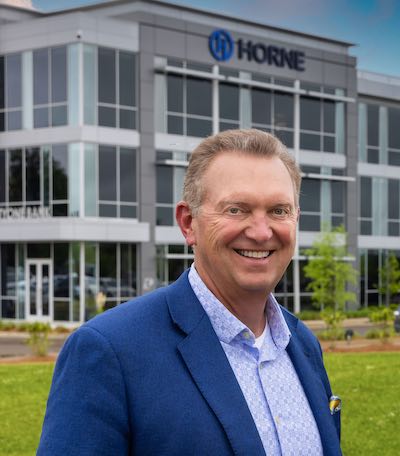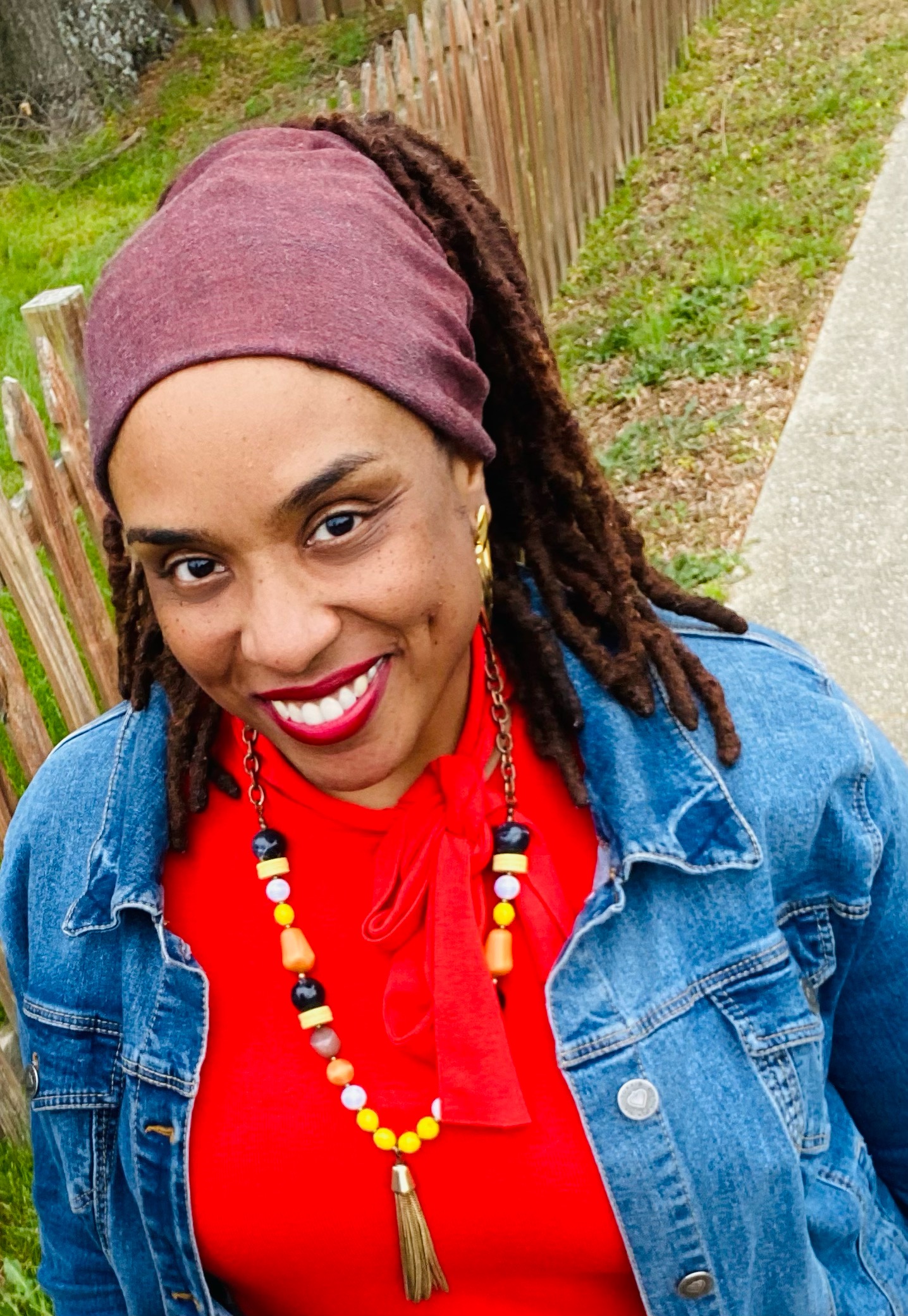The True Value of End of Life Support
There are just two ways to die: fast and gradual. Gradual death has a process to it. If it were happenstance and just happened, it would be a fast death. Gradual death occurs either because of old age or disease. With disease the process begins months before actual death and in old age the process takes years.
Most people have never considered what has been written in the above paragraph. Yet everyone will be faced with the experience of death, whether it be that of someone they care about or their own. Throughout most of American society the idea of dying is held in the back recesses of the mind. Only when life forces it upon us do most consider addressing the issues dying and death present.
Funeral industry, Hospice, palliative care and End of Life Doulas are the few service providers that dare approach the subject of mortality. Funeral out of necessity; hospice, palliative care and End of Life Doulas out of the community’s need for more support and information.
Many agencies, home health providers, churches, as well as physicians are reluctant to recommend services that address end of life issues. It is sad and confusing why anyone would not give their friends, clients, or customers the guidance and comfort that trained professionals can offer.
Maybe this reluctance to refer has to do with seeing death as a failure, maybe it is just ignorance as to the true value of end of life support. It is perfectly acceptable to ask a physician for a palliative care or hospice referral. If the signs are there, get the referral and let the palliative care team or hospice professional determine if the services are appropriate.
Three things I look for to tell me if it is time for end of life care are:
1. The patient’s condition is deteriorating in spite of the treatment that is
being given.
2. You look at the person and say to yourself (and we have all done this
but often not wanted to admit it) this person is not going to be here
next year at this time.
3. The family and significant others are having difficulty coping with the
seriousness of their loved one’s condition.
We generally give people more time than they have. I know it is scary to think of using hospice, just as it is scary to make funeral arrangements. It says death will happen soon. BUT there is a lot of guidance and support to help—— at least ask for an information visit.
A hospice referral is a win-win. You win if they say it is too soon and you are not appropriate for hospice care, or you win by coming onto the hospice program and getting much needed guidance, information, and support. I know people think of hospice as caring for those people that are dying, but remember we are all dying. Hospice guides and supports people who are in the final act of living.
Funeral home personnel are in the unique position of working with people when they are open to discussing end of life issues. When pre arrangements are being made, the opportunity to neutralize some of the fear that living with approaching death presents is available. Just making arrangements and not discussing what this experience brings a missed opportunity to receive help.
For funeral homes I am planting this seed: bringing up the help hospice can provide and handing out written literature about the dying process when funeral arrangements are being made (whether the need is eminent or in the far off future) gives people additional tools to face and cope with one of the most challenging experiences life offers.
Something More About… The True Value of End of Life Support
I encourage every palliative care and hospice agency to provide their patients and families with the End of Life Guideline Series to reduce the fear that comes with a life limiting illness. End of life doulas will be supported in their work by using these tools also. If funeral homes offered GONE FROM MY SIGHT: The Dying Experience when arrangements are being made and MY FRIEND, I CARE: The Grief Experience after the death, families would be grateful and greatly helped.
Originally Published on https://bkbooks.com/blogs/something-to-think-about






















